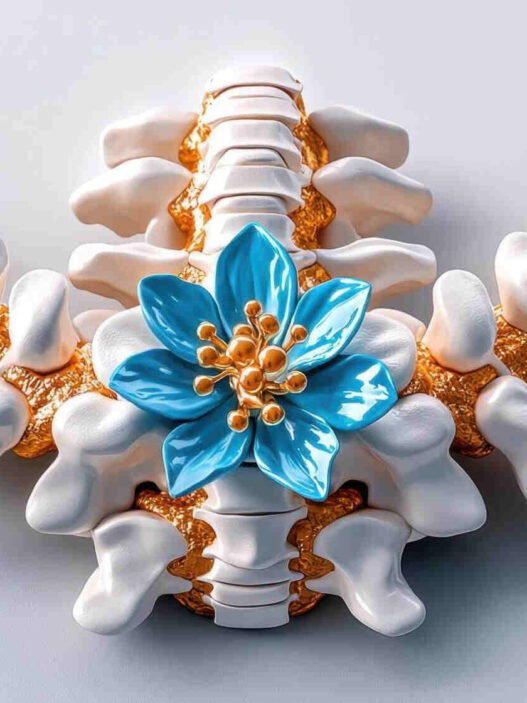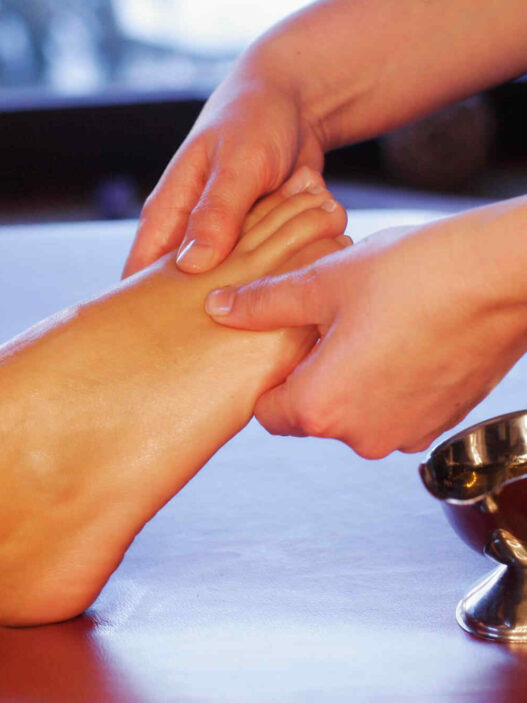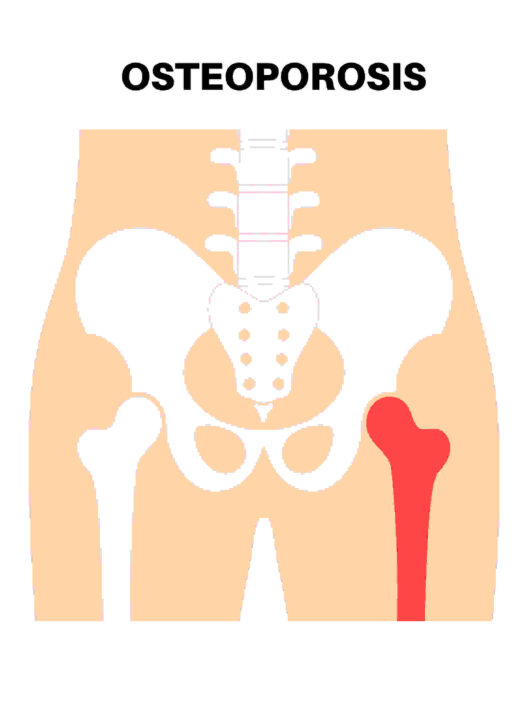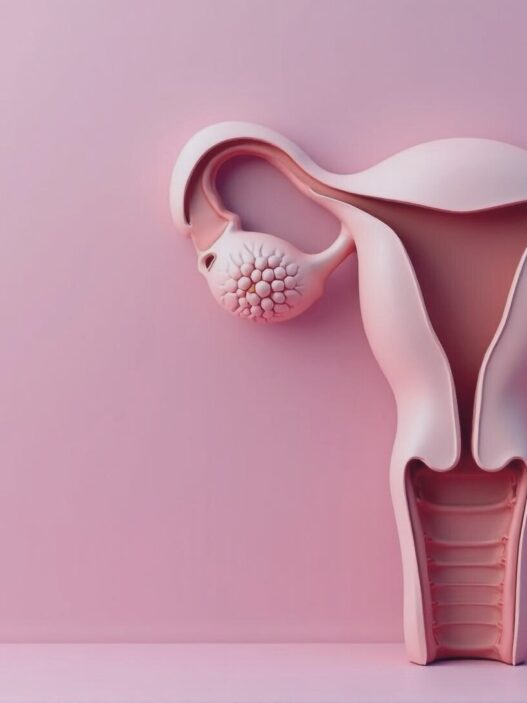Menopausal Symptoms
Around 46.5 million women in the world go through the menopause annually. In the UK alone, it is estimated that around 13 million women are going through the menopause at the moment. That means that around one third of the workforce are potentially suffering from menopausal symptoms at any one time.
During the menopause women are likely to experience up to 38 different symptoms both physically and mentally. These can all have a significant effect on women of which up to 25% suffer from severe symptoms.
Some of the symptoms include hot flashes, weight gain, fatigue, anxiety, bloating, itchy skin, irritability, food cravings, headaches, joint pain, loss of libido, mood swings, digestive problems, dizziness, memory lapses and poor concentration to name but a few.
The average age for the menopause to commence is around 51 years old. However, it’s possible for women to enter the perimenopausal stage in their 30s, 40s or 50s.
The perimenopause can last for anything from 2 to 12 years before entering the menopause itself.
During the perimenopause it’s usual for hormonal levels of progesterone, in particular, to start to decrease.
Once a woman has not had a period for 12 months and are not pregnant they will enter the menopause. At this stage of life hormonal levels of oestrogen and progesterone will have decreased but the body will start to adapt to these shifts.
Effect of Menopausal Symptoms on Women
It is not unusual for women to get sugar rushes as the effects of hot flashes and lack of sleep figure highly in their daily lives. To cope with these symptoms, women will often opt for a sugary snack to stave off the hunger that they cause.
Not only do women reach for biscuits, sweets, chocolate and cakes but it is also common for women to have a glass or two of alcohol in the evening when they get home from work to try to alleviate the stress and anxiety caused by menopausal issues.
Inevitably, this snacking and drinking can develop into a habit which becomes self-defeating as it can cause weight gain, poor sleep, increased hot flashes and poor concentration amongst other symptoms. These can all lead to increased levels of anxiety and depression which can then impact work ability, family and work relationships and can end up having a much greater negative effect on women’s health.
The menopause paints a picture of doom and gloom for so many women. However, it doesn’t have to be that way. There are several things women can do to alleviate symptoms.
Many women will mistakenly think that they need to go on a diet to lose weight as they notice a gradual increase in weight. However, that is not the answer to losing weight. By going on diets, they are likely to mess with their hormones which then compound issues around weight loss.
The best way to manage weight loss and improvement of debilitating symptoms can often be managed through eating the right foods rather than dieting. Developing a healthy eating pattern that can be maintained for life is more advantageous than eating foods that may exacerbate menopausal symptoms.
What needs to be done to improve health and remove the dreaded menopausal symptoms?
Here are some suggestions as to what will help to enhance health and improve both the mind and the body.
Feeding the body with foods that support the gut microbiome will have the greatest improved effect on menopausal symptoms.
Foods that are likely to cause the most debilitating symptoms include ultra-processed foods such as burgers, hot dogs, take-away meals, high-sugar foods such as cakes and biscuits and any other foods with ingredients that mainly include additives such as saturated fats, salt, flavour enhancers such as monosodium glutamate, emulsifiers and colourings.
These ultra-processed foods can cause damage to the gut microbiome as the gut is unable to process the chemicals in these foods effectively. This can lead to inflammation in both the gut and the brain which can then cause underlying issues such as irritable bowel disease, bloating, leaky gut syndrome and depression as chemicals which pass through the vagus nerve from the brain to the gut become inflamed.
When deciding what healthy foods to eat, it’s best to start with whole foods as they are naturally low in preservatives and additives. Whole foods include fresh fruits, vegetables, pulses, whole grains such as oats and barley, lean proteins and legumes.
Some examples of foods which help to improve menopausal symptoms include soy products as they contain phytoestrogens which can mimic oestrogen in the body.
When oestrogen levels decline symptoms such as hot flashes and night sweats can occur. Eating foods rich in phytoestrogens can help to balance hormone levels and consequently reduce these symptoms. Although they do not have the same potency as sex hormones they bind with oestrogen receptors which can potentially help to prevent some of the effects of hormonal imbalance and cancer.
Flaxseeds are also rich in phytoestrogens. They are similar to soy products and are also high in omega 3 fatty acids which have anti-inflammatory properties.
Other foods that are high in phytoestrogens include licorice root, alfalfa sprouts, peaches, prunes, strawberries, miso, kefir and tempeh.
Eating leafy greens such as spinach, broccoli and kale can help to reduce the severity of hot flashes as they are high in calcium and magnesium.
Magnesium helps to support bone health which is crucial to reducing the risk of osteoporosis during the menopause. It can also help to calm the brain to improve sleep at night.
Fatty fish such as salmon, sardines and mackerel are rich in omega-3 fatty acids and can help to reduce inflammation and improve irritability and depression. However, it’s important to ensure that they are eaten without additives from batter or other processed ingredients.
Other healthy fats include coconut oil, avocado, fermented ghee and duck fat.
Nuts and seeds such as almonds, walnuts and pumpkin seeds are rich in protein, fibre and healthy fats. They can help to lower the bad cholesterol levels in the body which tends to increase during the menopause. Other seeds that can hep also include fennel seeds and fenugreek seeds.
Berries are great for a snack during the day as they are high in antioxidants and vitamins. They help to combat oxidative stress which is an imbalance of free radicals and antioxidants in the body that can cause damage to cells in the body. They also help to support skin health as Vitamin C helps to improve collagen production which is important for improved connective tissue health, skin health and gut health.
Eating foods rich in iodine can help to improve thyroid function which, in turn, can help to improve metabolic processes in the brain and central nervous system. Foods that are high in iodine include seafood such as shrimps, clams, crabs and scallops. It is also present in eggs, seaweed, prunes and milk.
When trying to reduce hot flashes there are a few herbs which will help to alleviate symptoms.
These include red clover, ginseng, black cohosh, valerian and evening primrose oil. However, it is important that you consult a health practitioner before commencing any of these herbs.
If hot flashes and night sweats are an issue it’s highly likely that sleep will be affected causing fatigue and irritability during the day. Taking lemon balm as a hot drink can often help to calm the brain and so help to aid sleep. Taking this alongside herbs to decrease hot flashes may well help to improve sleep patterns and reduce the unwanted night sweats thus helping to improve overall health.
The above food suggestions will help to improve menopausal symptoms but in order to make changes to the diet it’s important to have the right mindset to implement changes.
It may help to take up yoga or tai chi to help reduce stress levels. Meditation can also help to calm the body.
Conclusion
In conclusion, the following tips will help to improve menopausal symptoms:
- Read food labels to understand what you are eating
- Choose whole foods over processed foods.
- Plan meals in advance so that temptations to eat unhealthy foods are reduced. Preparing and packing meals in advance can help to maintain a healthy diet.
- Limit sugary beverages. So many drinks have additives and are high in added sugars. Try to reduce sugary soda, alcoholic and energy drinks. Try drinking herbal or fruit teas instead.
- Choose healthy snacks such as fresh fruit, yoghurt, nuts or whole-grain crackers with a low fat spread.
- Make yourself familiar with food additives such as artificial flavours, colours and preservatives. Try to avoid foods listed with these products.
- Try to reduce the number of take-away meals. While it’s convenient to eat fast food it’s full of sugar, fat and unhealthy additives that will damage your microbiome.
- Learn more about healthy nutrition and the impact of ultra-processed foods on your body.
- Practice mindful eating. If you eat slowly your food will digest more efficiently and will leave you feeling less hungry. It can also help to avoid overeating and can also help with making better food choices overall.
Once the functions of foods that help to promote better hormonal balance are understood life through the menopause should become easier.
Food is one way to make a massive difference to how the menopause is survived. Not only can it be a life changer for the menopause but it can also make a huge difference to the overall mental and physical wellbeing of women.

Charlotte, BSc (Psychology), RGN is a Gut Health Expert and a Nutritional Therapist based in Radstock, UK. She is a qualified Advanced Gut Health Nutritional Advisor, NLP Master Practitioner and Registered Nurse. She helps busy senior professional women learn how to manage their digestive distress to transform their health and elevate their work performance. She has been helping women to navigate their gut and menopausal health issues for over 2 years now and is providing successful outcomes for women.











